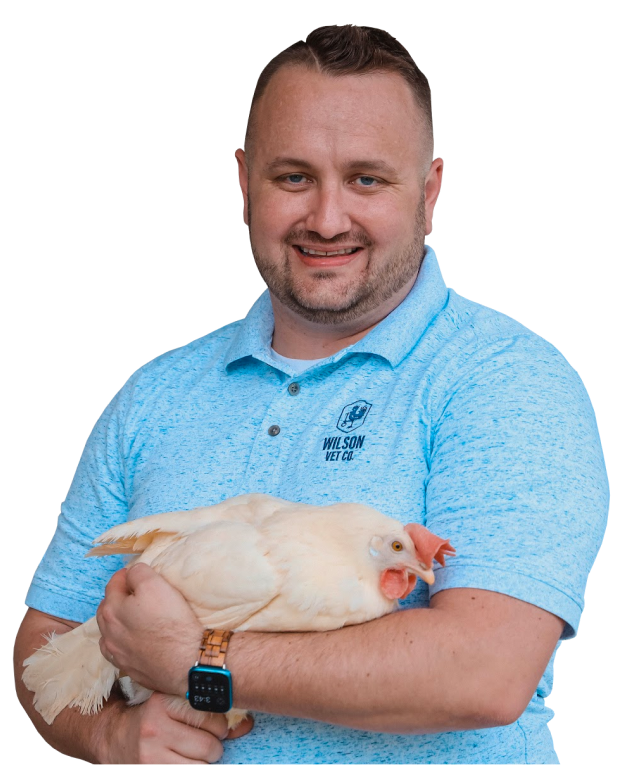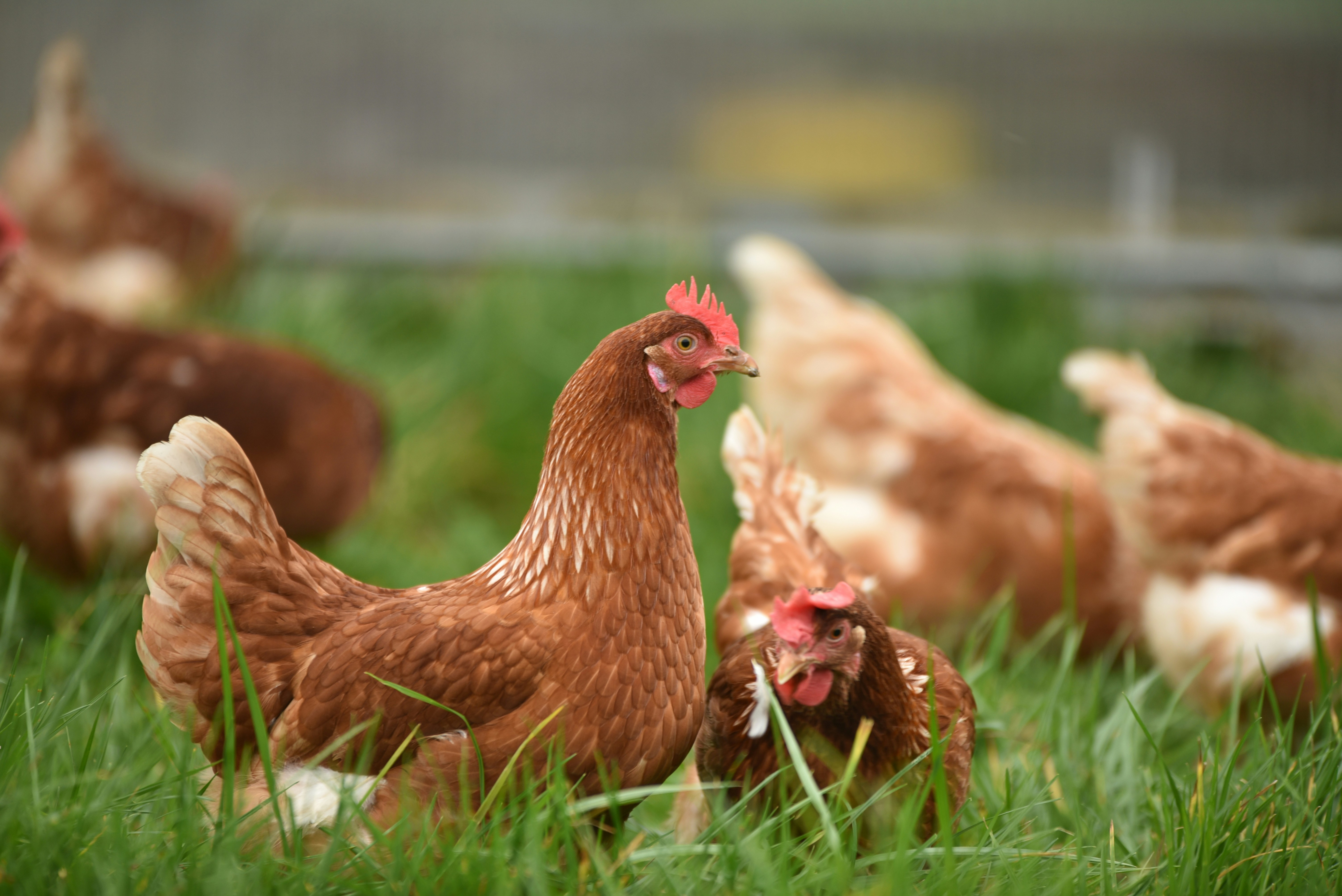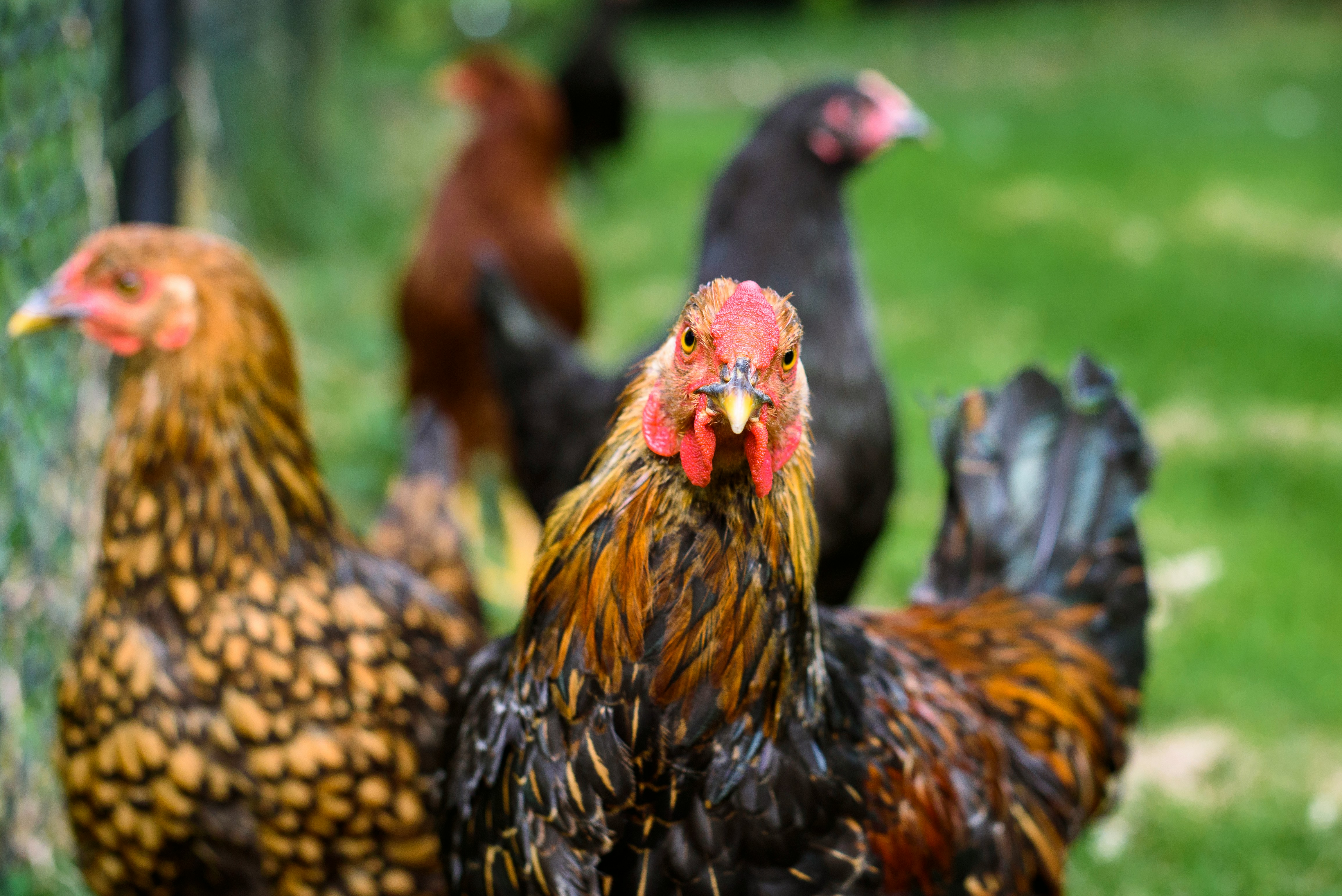Flock Management
[EXAMPLE] Why Are My Chickens Losing Feathers?
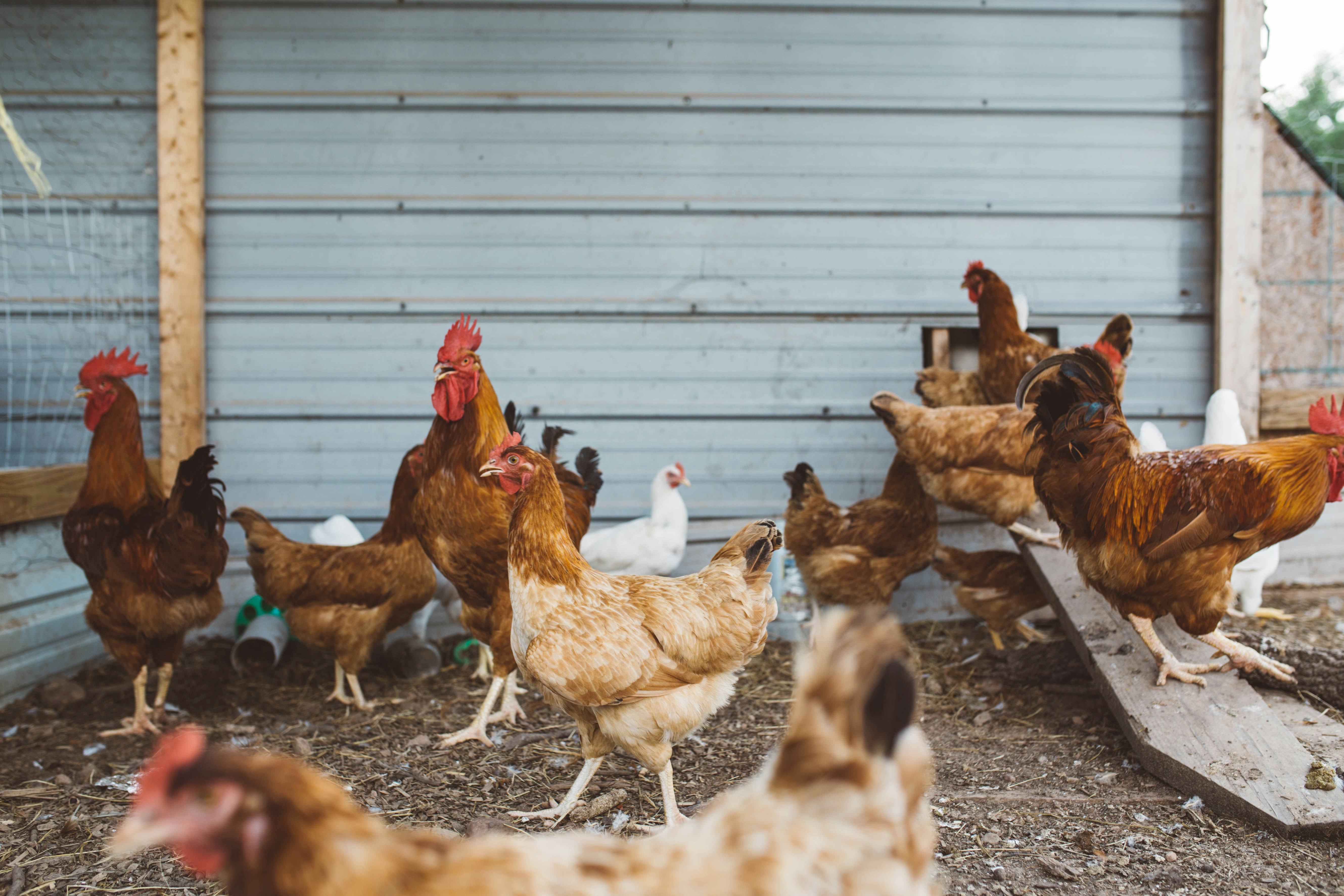
Why Multi-State Accreditation Matters
When you partner with Wilson Vet Co, you gainaccess to a licensed and accredited poultry veterinary consultant whounderstands not just poultry health—but the laws, standards, and challenges ineach state.
Veterinary compliance made easy
Seamlessaccess to chicken veterinarian services across regions
Apartner trusted by integrators, producers, and insurers
1. Natural Molting
Molting is a normal biological process where chickens shed old feathers and grow new ones. This typically happens annually and can last anywhere from 8 to 16 weeks. While it can look alarming, it’s not a cause for concern unless it’s happening out of season or paired with other symptoms like weight loss or behavioral changes.
What to Do:
- Ensure birds have a high-protein diet to support feather regrowth.
- Adjust lighting programs to maintain consistency.
- Monitor for signs of stress that could delay molt recovery.
2. Pecking and Cannibalism
Feather pecking is a common behavioral issue in confined or overcrowded environments. This can escalate to cannibalism, especially in birds under stress or experiencing nutrient deficiencies.
What to Do:
- Re-evaluate stocking density and environmental enrichment.
- Check for imbalances in protein, sodium, and amino acids.
- Consider beak conditioning or temporary light dimming if behavioral aggression is widespread.
3. External Parasites (Mites & Lice)
Red mites, northern fowl mites, and poultry lice can cause severe irritation, leading birds to scratch or pull out their own feathers. Infestations can reduce egg production and body condition.
What to Do:
- Conduct regular physical exams and monitor roost areas for mites.
- Work with your poultry vet to implement an integrated parasite control program.
- Rotate safe insecticides and consider treating the housing as well.
4. Nutritional Deficiencies
Feathers are made of keratin, a protein, so poor nutrition—especially low protein or imbalanced amino acids—can lead to poor feather development or retention.
What to Do:
- Work with a poultry nutritionist to ensure proper protein levels.
- Supplement with methionine, lysine, and other critical amino acids as needed.
- Check feeders for moldy or spoiled feed that could reduce nutrient absorption.
5. Disease or Endocrine Disorders
Diseases like fowl pox or infectious bronchitis can impact skin and feather condition. Hormonal imbalances or tumors may also interfere with feathering, though these are less common in commercial settings.
What to Do:
- Look for other signs: respiratory symptoms, scabs, changes in egg production.
- Submit samples for diagnostics if the feather loss is widespread or unresponsive to other interventions.
- Follow your veterinarian’s biosecurity and treatment protocols.
When to Contact Your Poultry Veterinarian
If your birds are losing feathers suddenly, aggressively pecking each other, or failing to regrow feathers during molt, it’s time to involve a poultry health professional. Early intervention helps minimize flock disruption, improve welfare outcomes, and maintain productivity.
Need help diagnosing feather loss in your flock? [Contact Our Poultry Vet Team] for expert support and flock-specific recommendations.
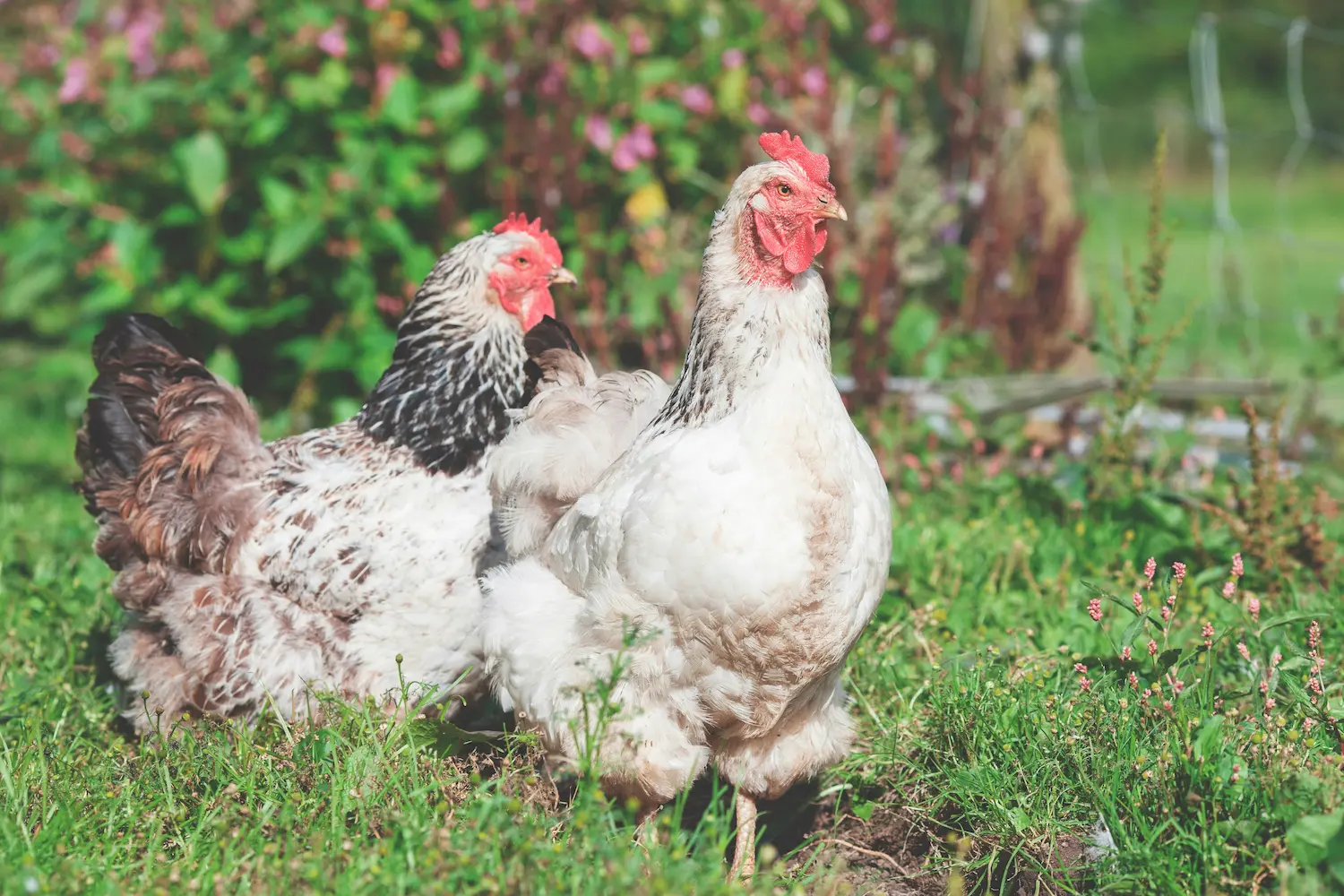
Subscribe to our newsletter
Lorem ipsum dolor sit amet, consectetur adipiscing elit. Suspendisse varius enim in eros elementum tristique.
